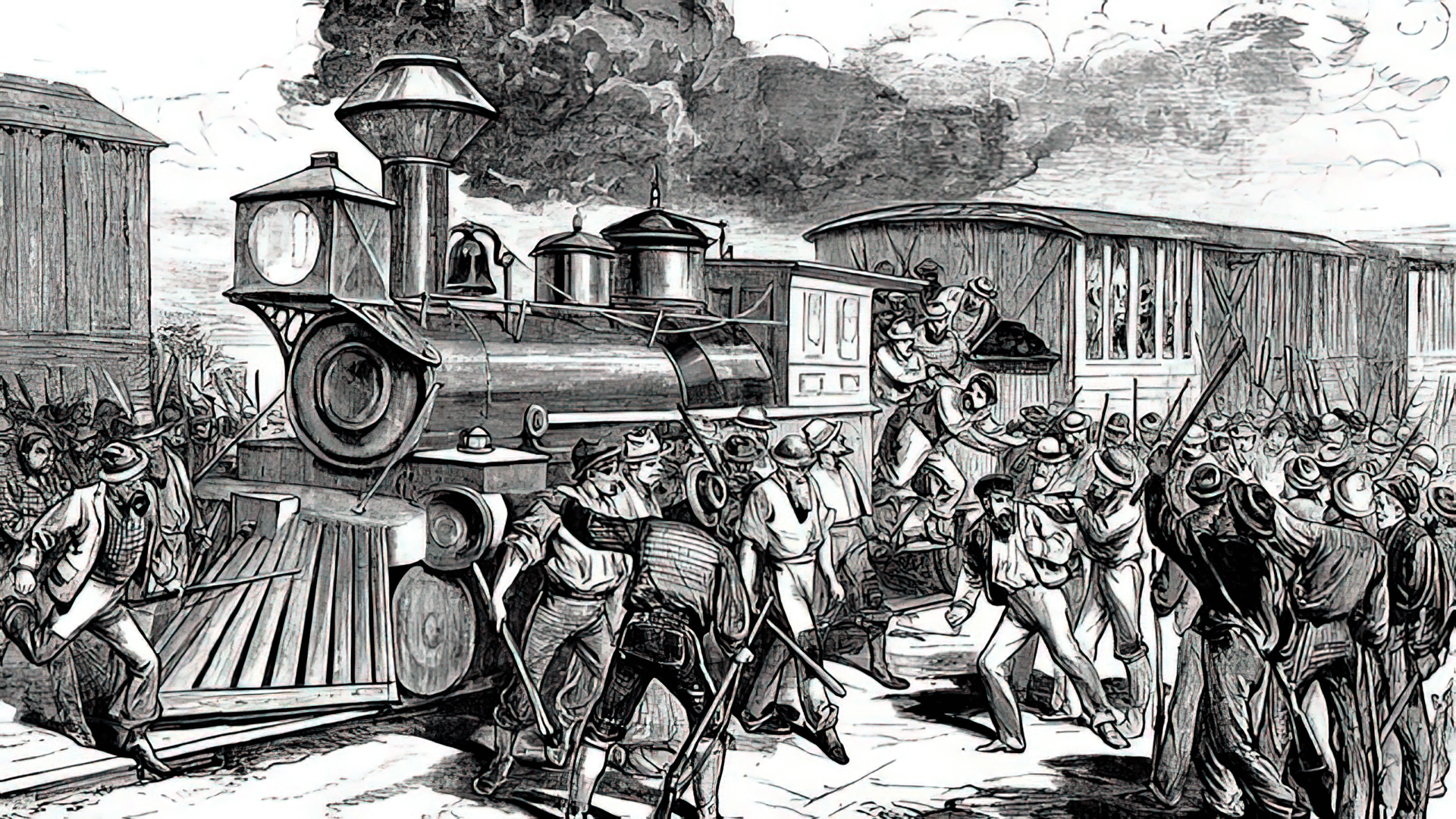
- This event has passed.
Theodore Allen’s ‘The Kernel and Meaning’: A Strategic Critique of U.S. Labor History

“The South, after the war, presented the greatest opportunity for a real national labor movement which the nation ever saw or is likely to see for many decades. Yet the labor movement, with but few exceptions, never realized the situation. It never had the intelligence or knowledge, as a whole, to see in black slavery and Reconstruction, the kernel and meaning of the labor movement in the United States.” –W.E.B. Du Bois, Black Reconstruction
Before Theodore W. Allen turned to his magnum opus, The Invention of the White Race, he drafted an essay “The Kernel and Meaning: A Contribution to a Proletarian Critique of U.S. Historiography.” In it, he assessed how the industrial bourgeoisie successfully overturned plantation capital’s rule while assuring its own ascendancy over the proletariat. Allen reviewed six commonly held explanations as to why, despite favorable objective conditions, the U.S. left and workers movements failed to establish socialism or even a permanent working-class party. Inspired by Du Bois’s Black Reconstruction, Allen introduced an extended critique of the “white blind spot” in Marxist-oriented historiography as a key source of the failure to develop a proletarian strategy. Subsequent chapters highlight Du Bois’s emphasis on the central role of the fight against white supremacy in the class struggles of that era and the defeat of Black-white solidarity during Reconstruction, the 1877 railroad strike, the Black Exodus, the Redeemer-Populist struggles in the 1880s, and the rise of Jim Crow.
Participants in this six-session group will read and discuss the original, 160-page typescript of Allen’s unpublished essay, written in the 1970s and accessible through the Special Collections of the University of Massachusetts at Amherst.
Facilitated by David Slavin. David has taught US and world history at the college level for 30 years and written two books on French anti-imperialist movements and race. In the 1970s he was a construction worker and labor troublemaker in NYC and, in the mid-1980s, research director of District 1199, the NYC hospital workers union. He grew up in the Bronx, has lived in Atlanta for the past twenty years, and just finished an essay on “Redlining the Working Class: The Social Security Act of 1935, the New Deal, and the Nationalization of Jim Crow.”
